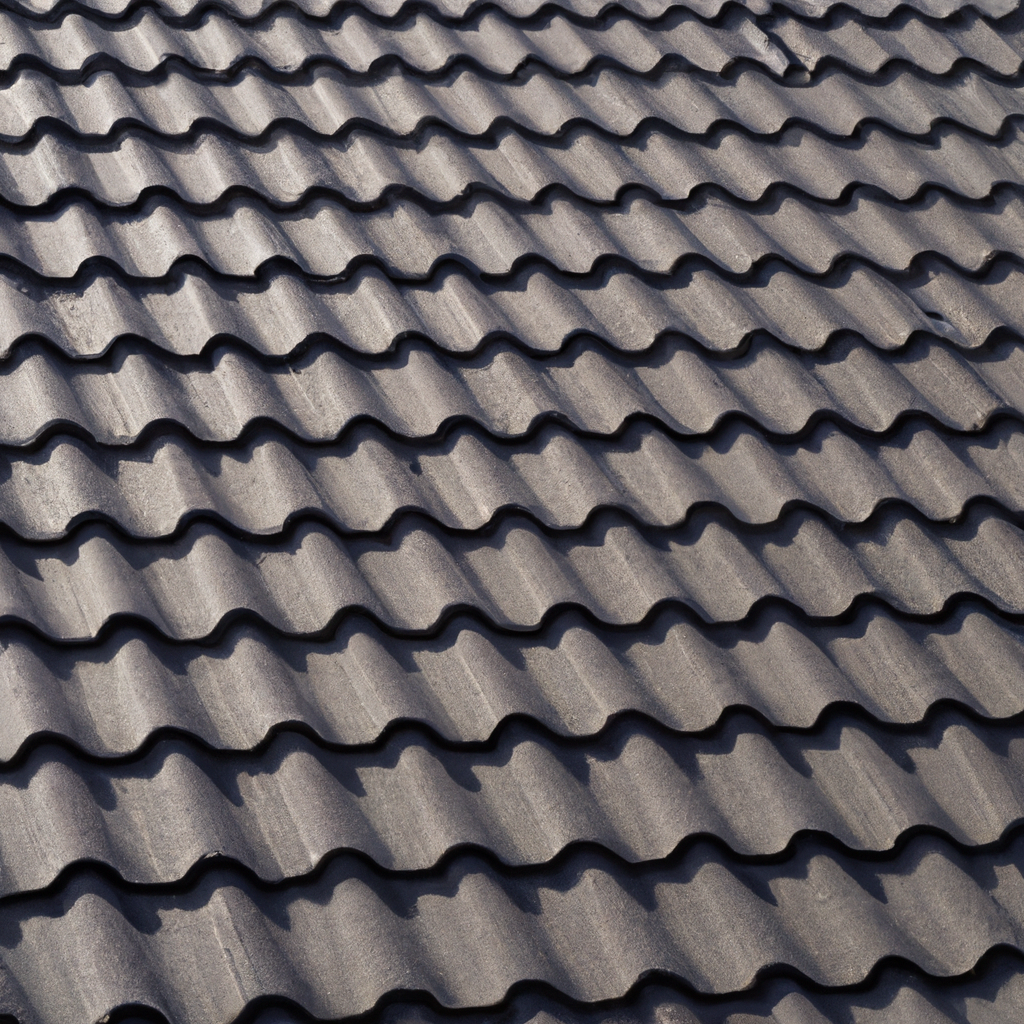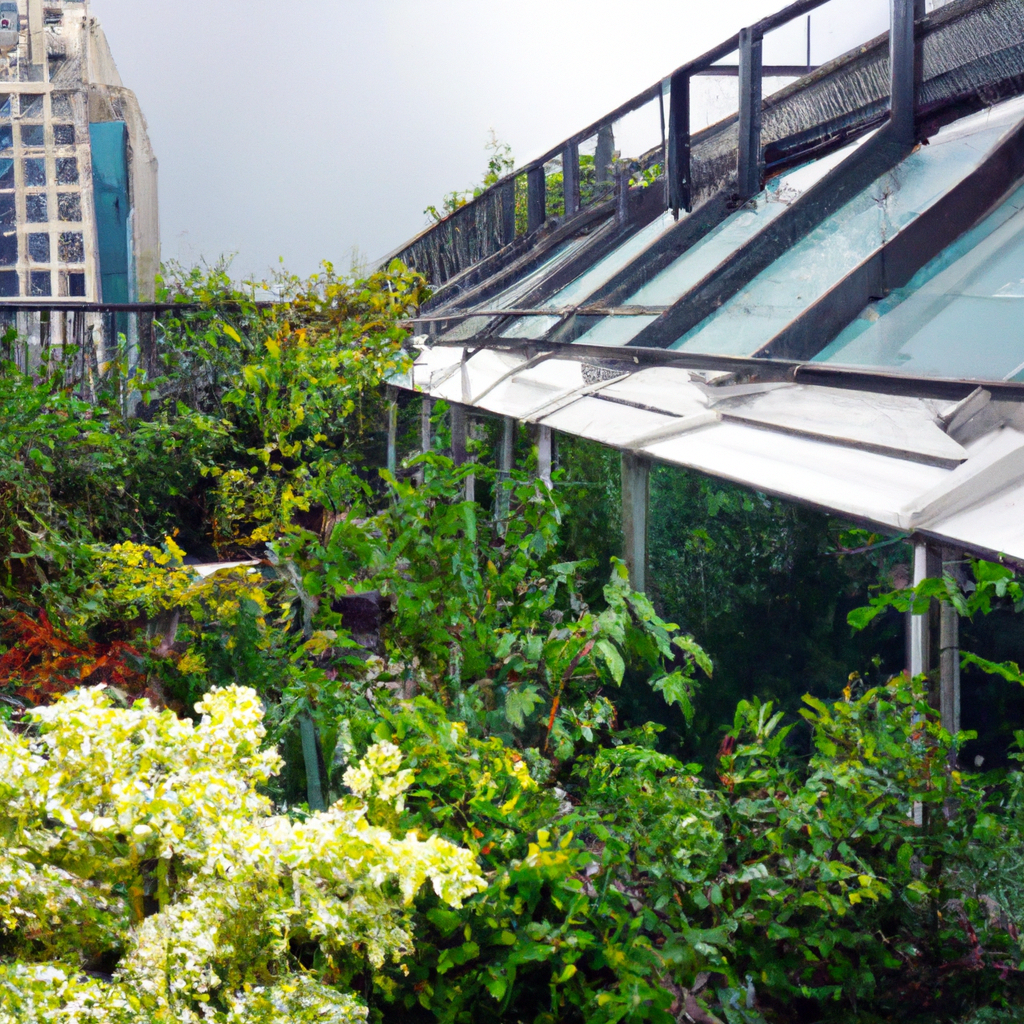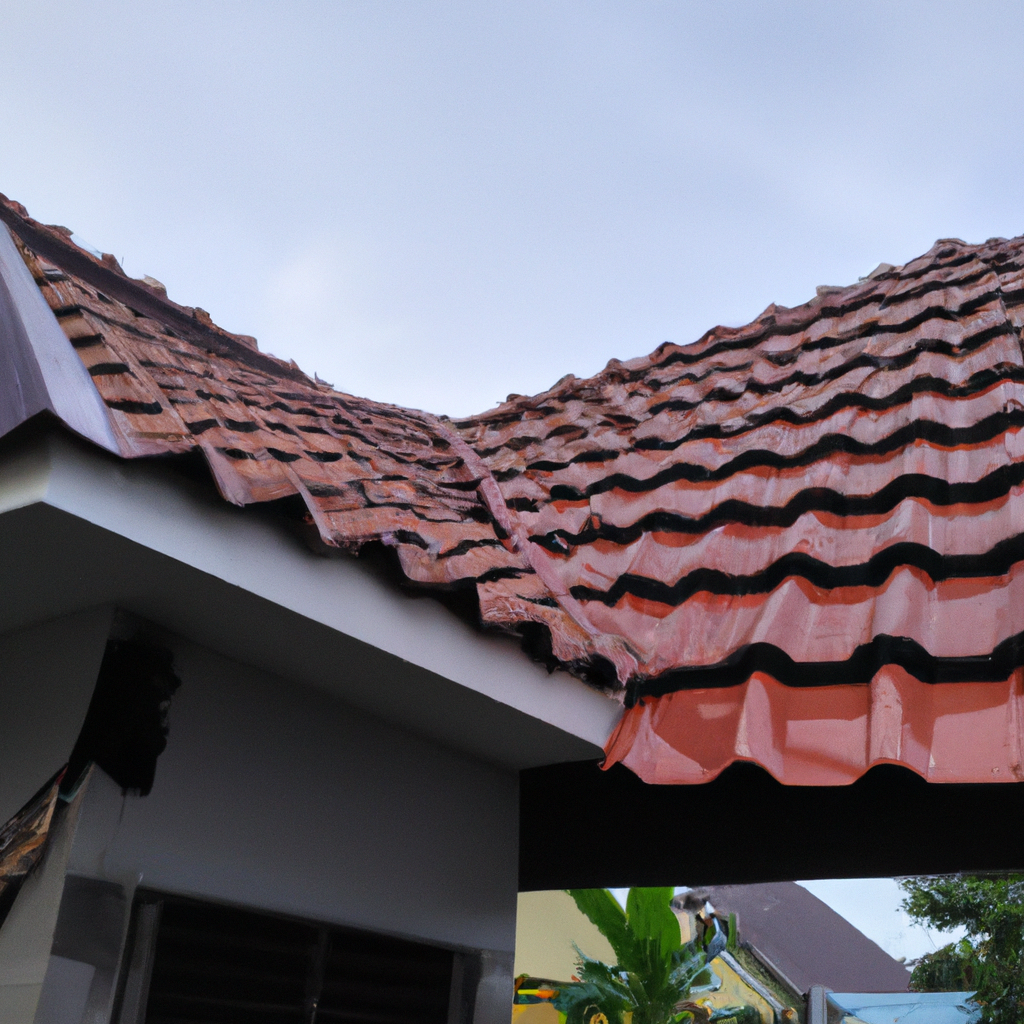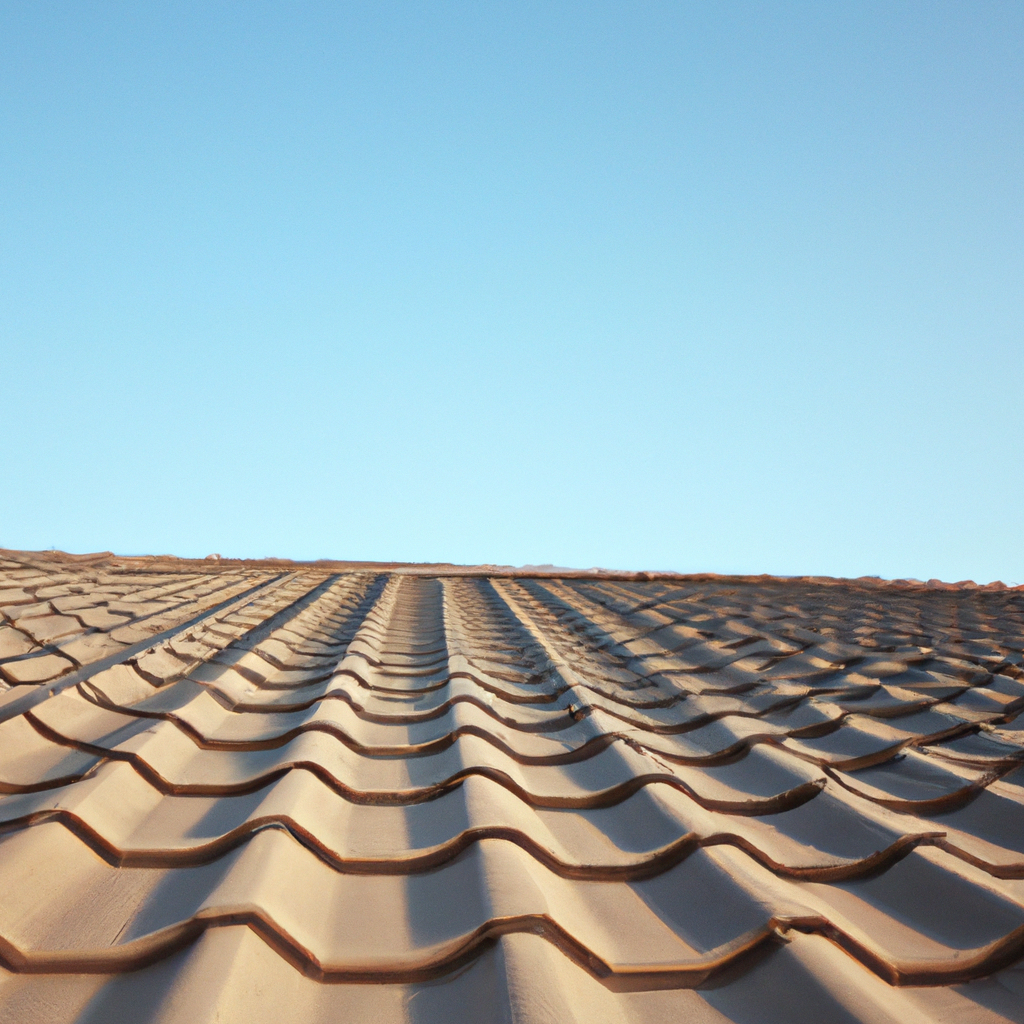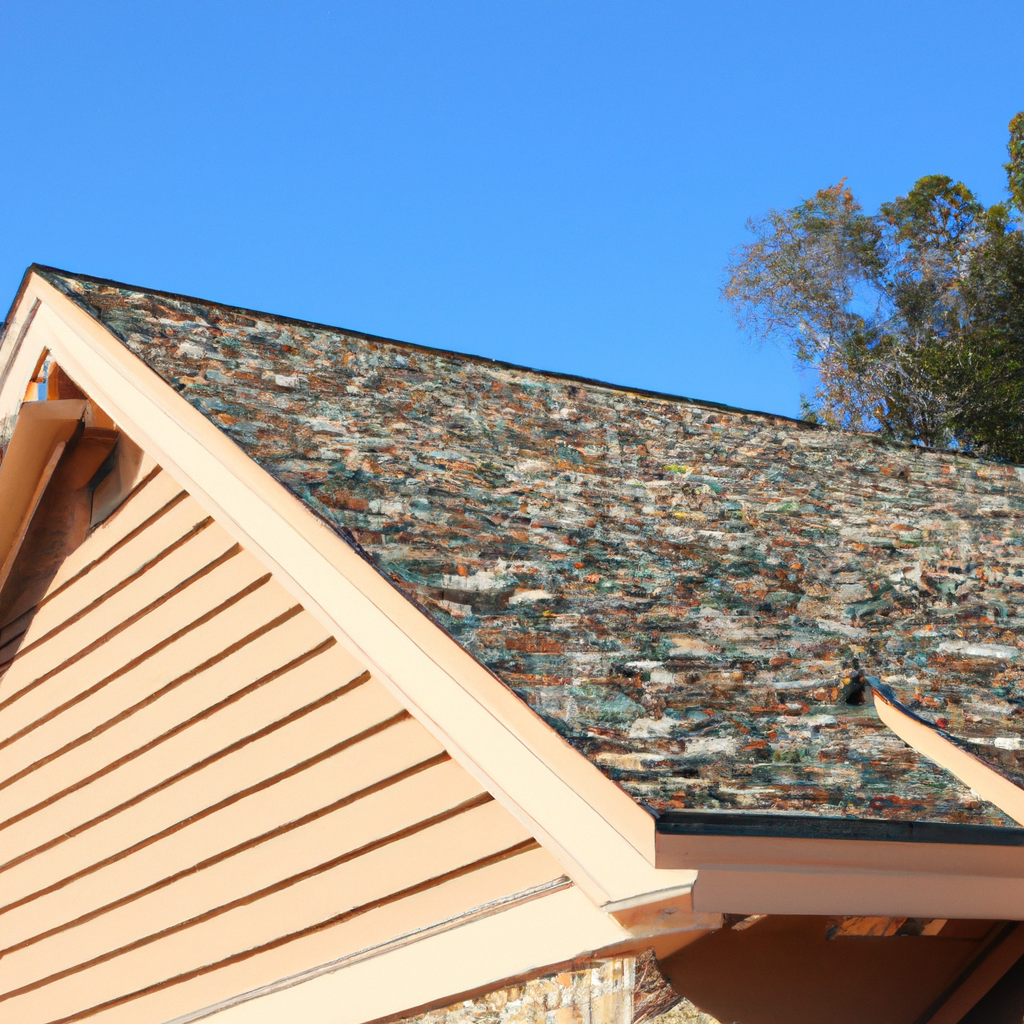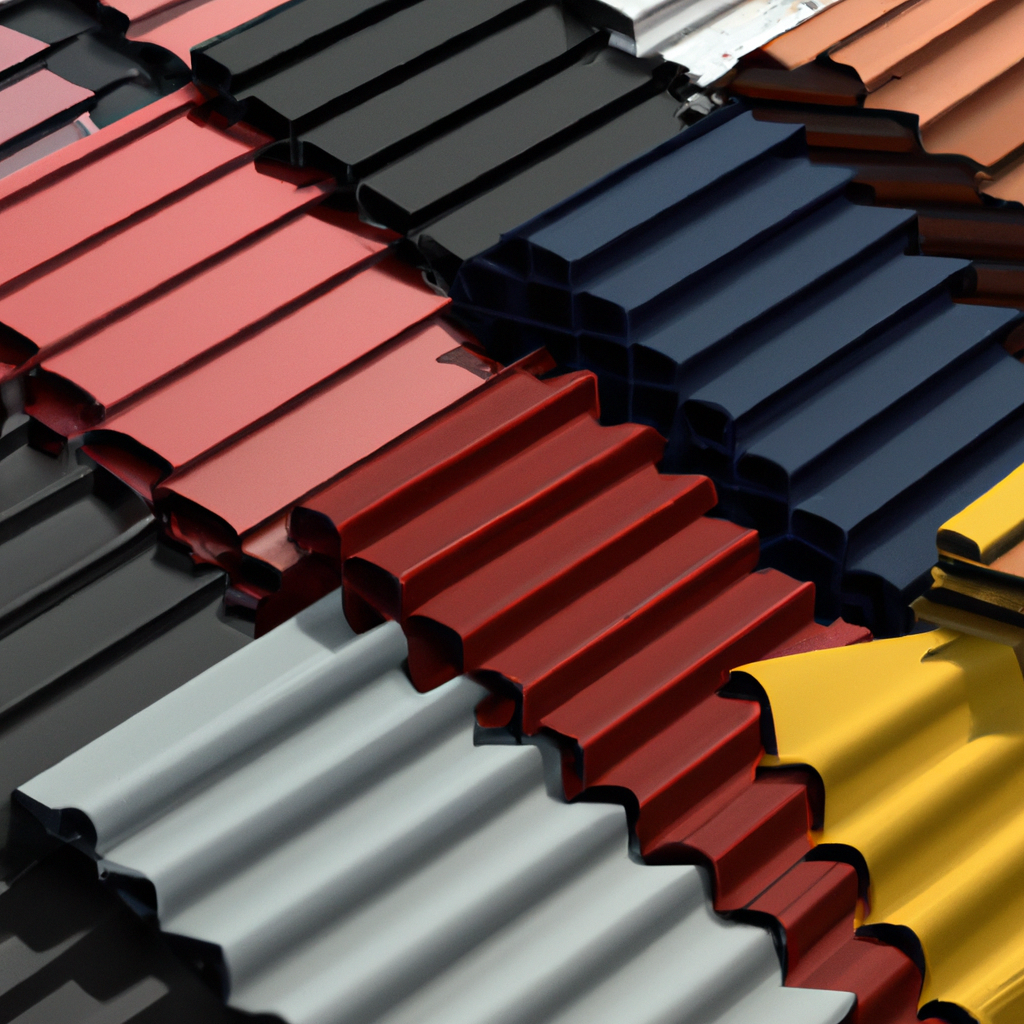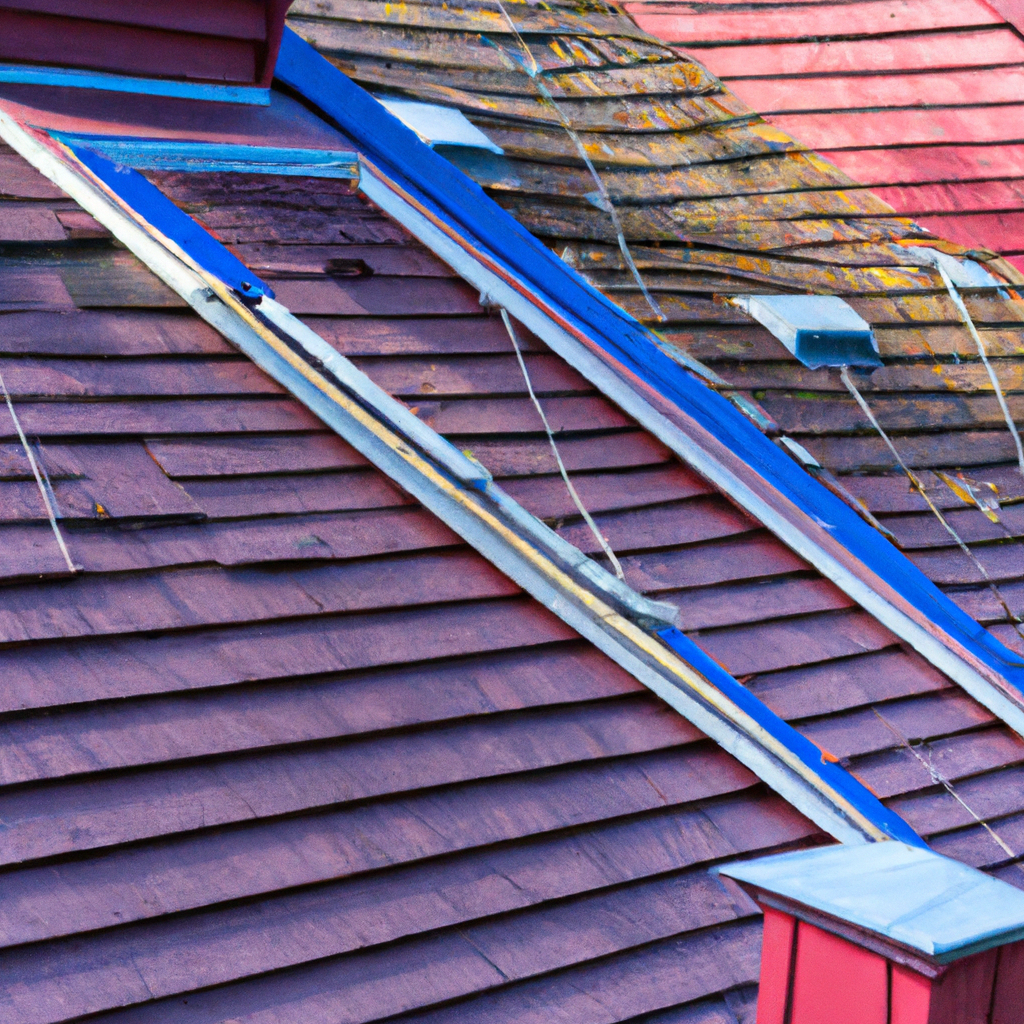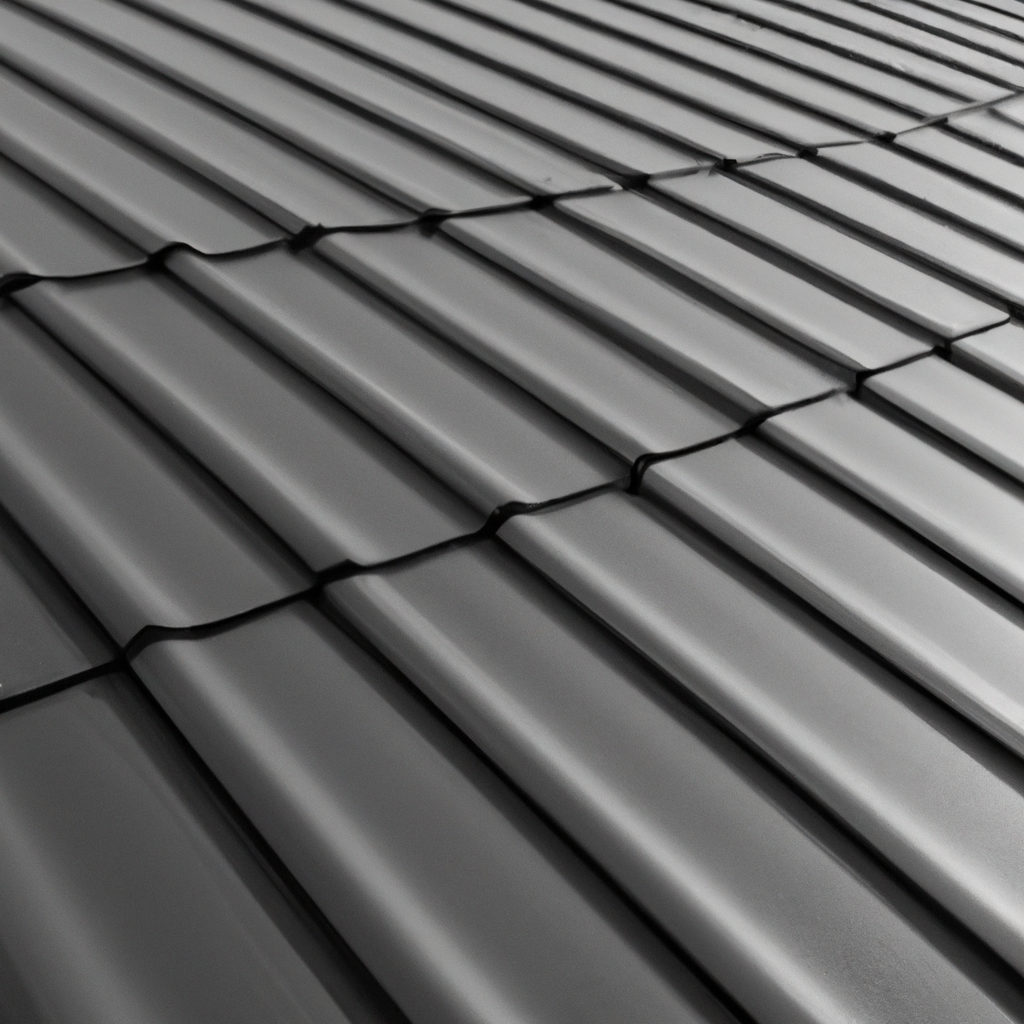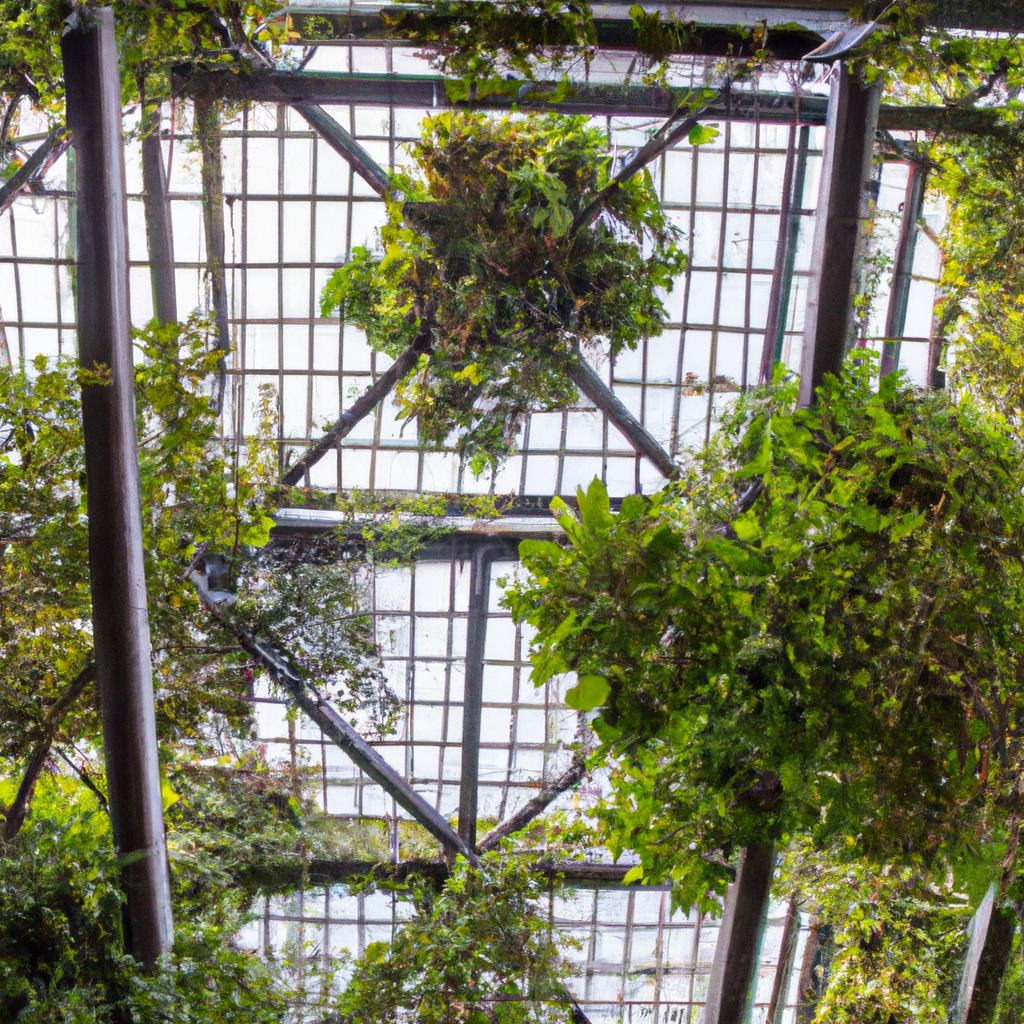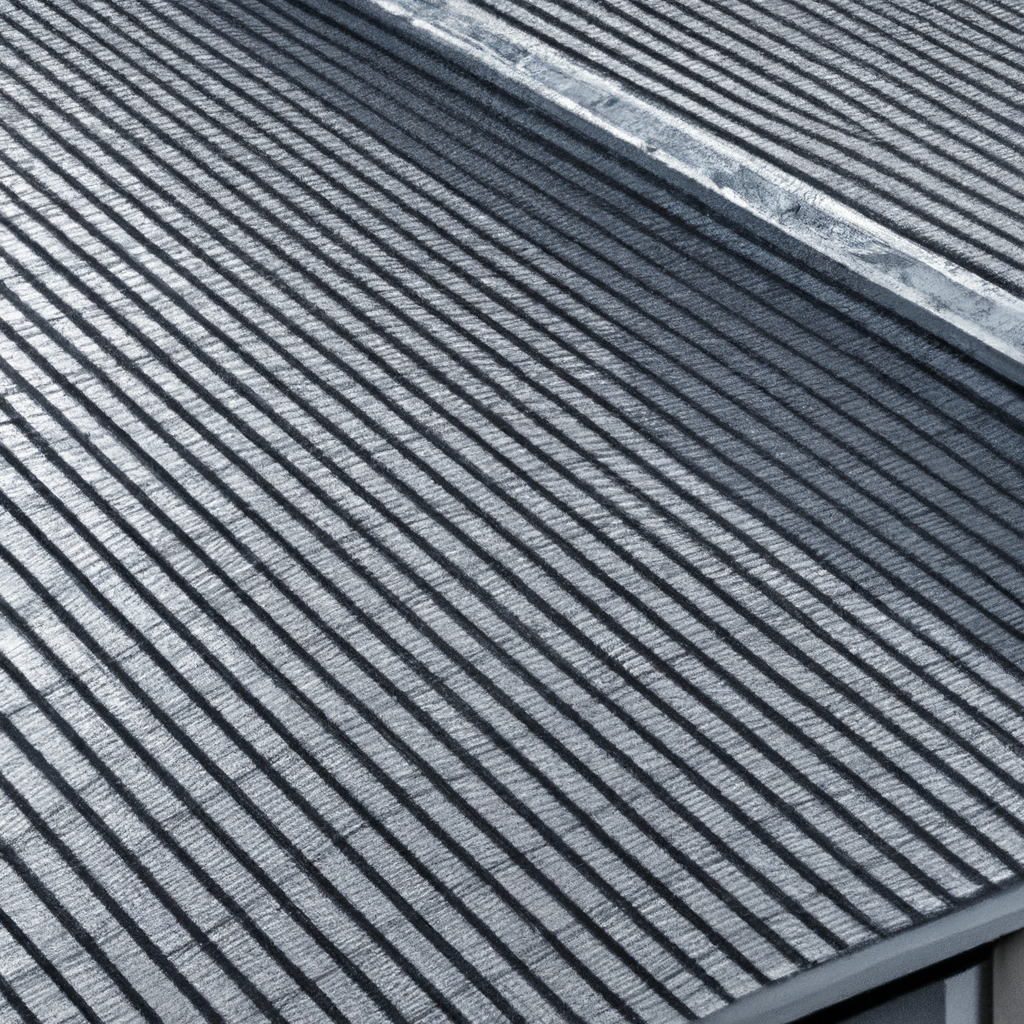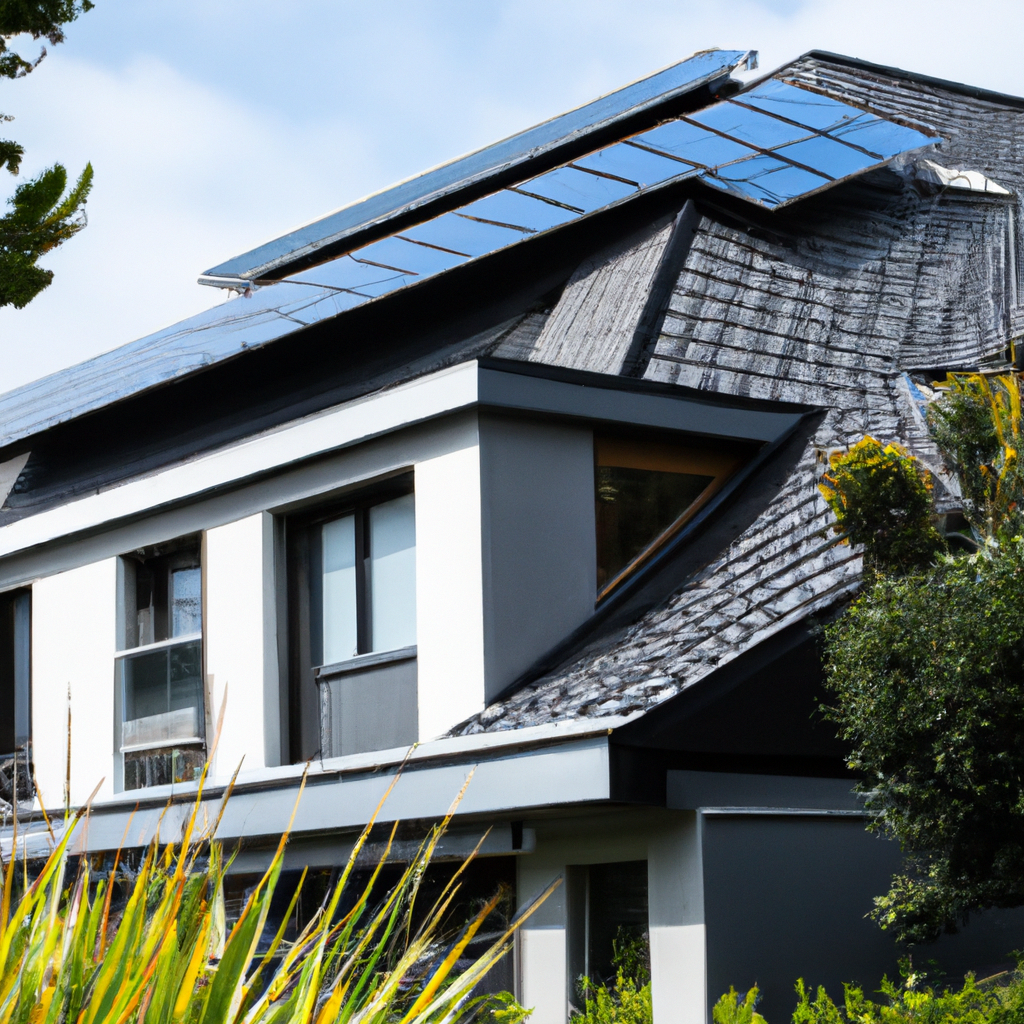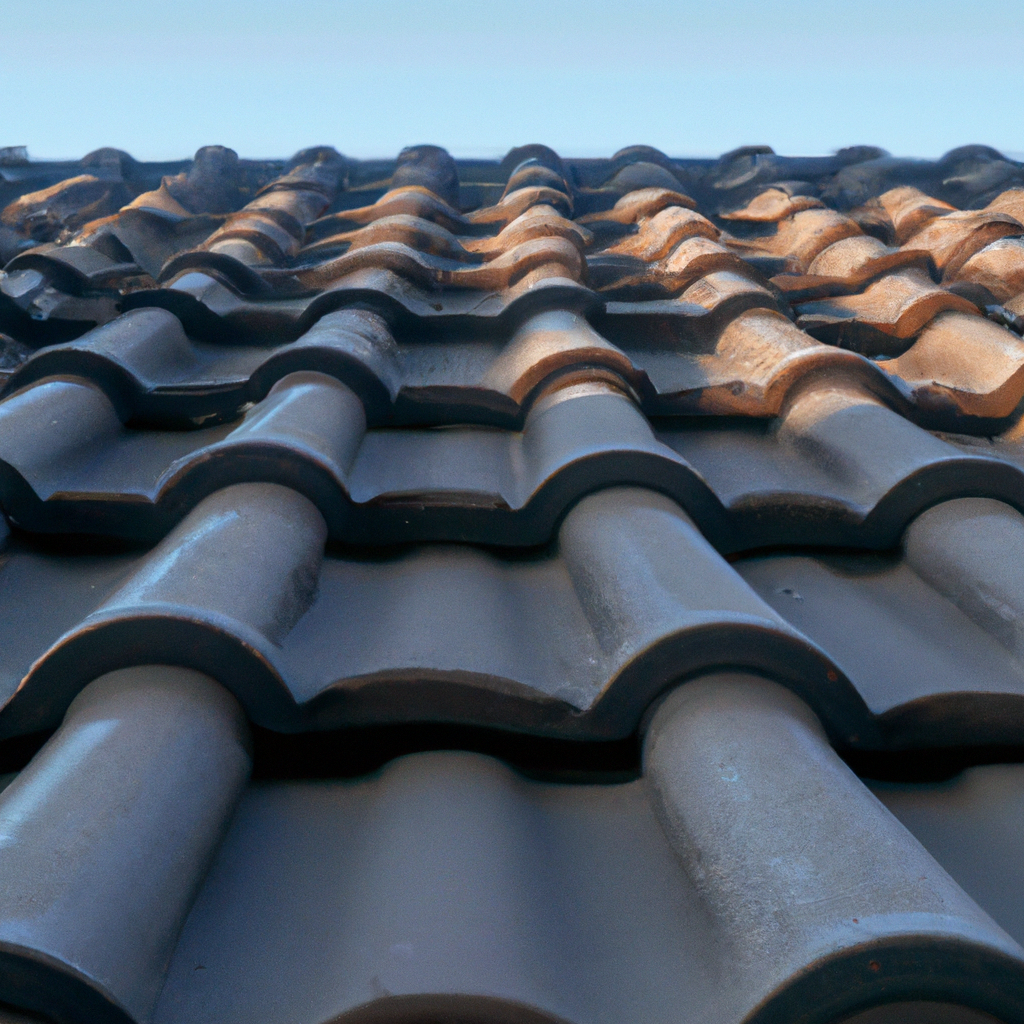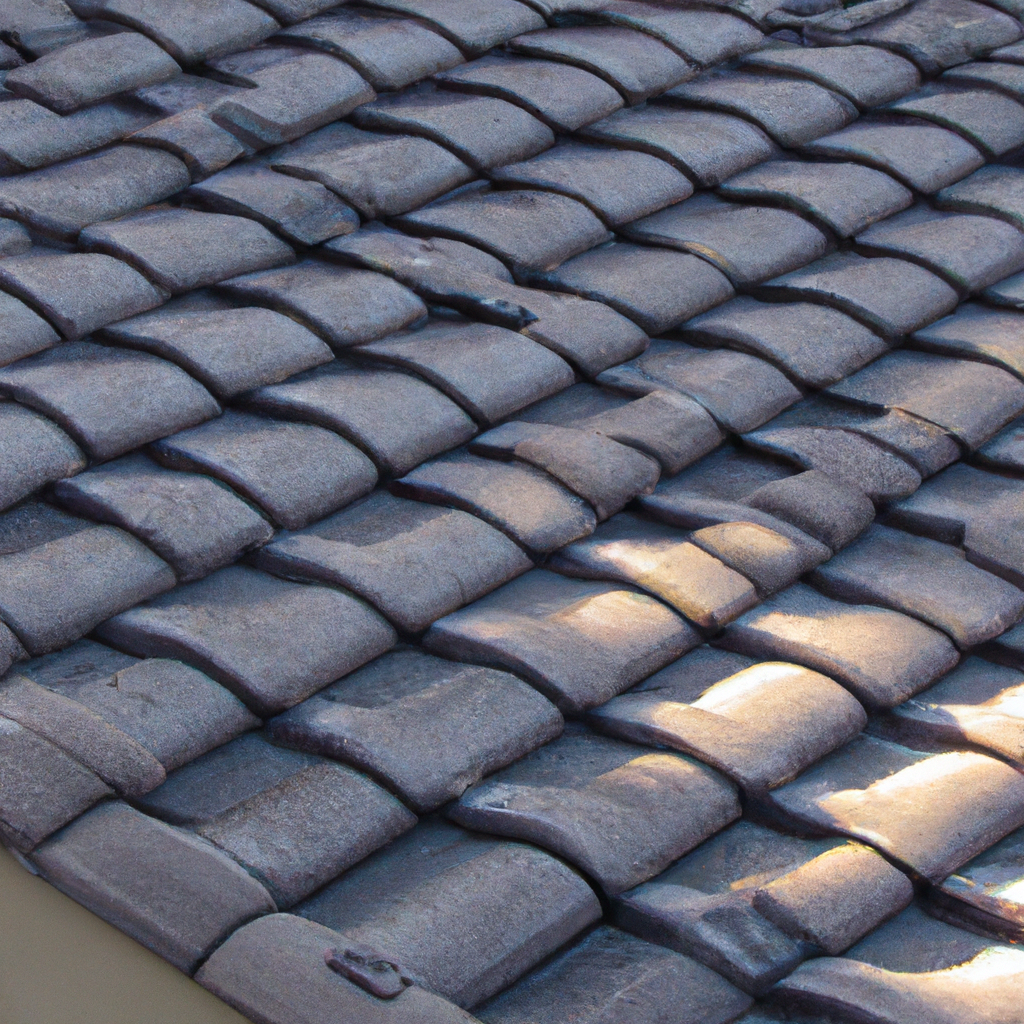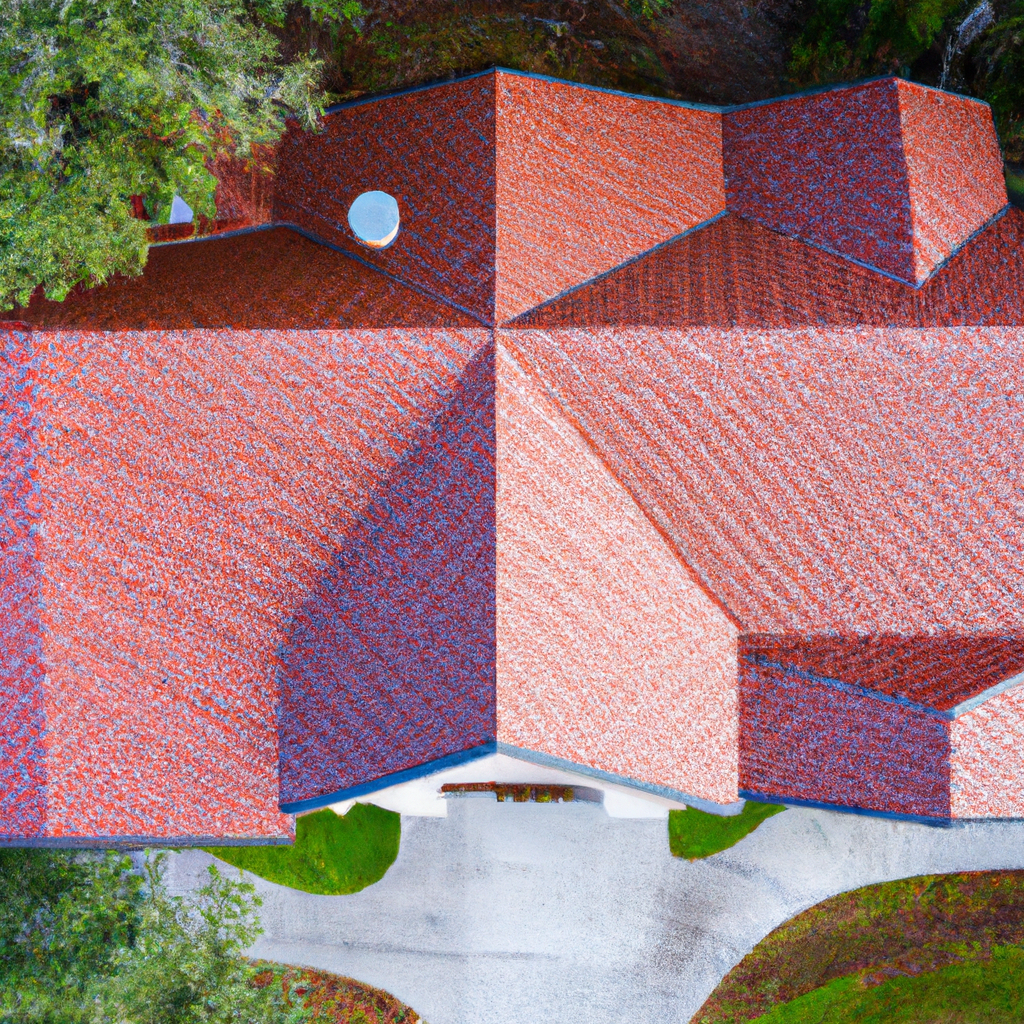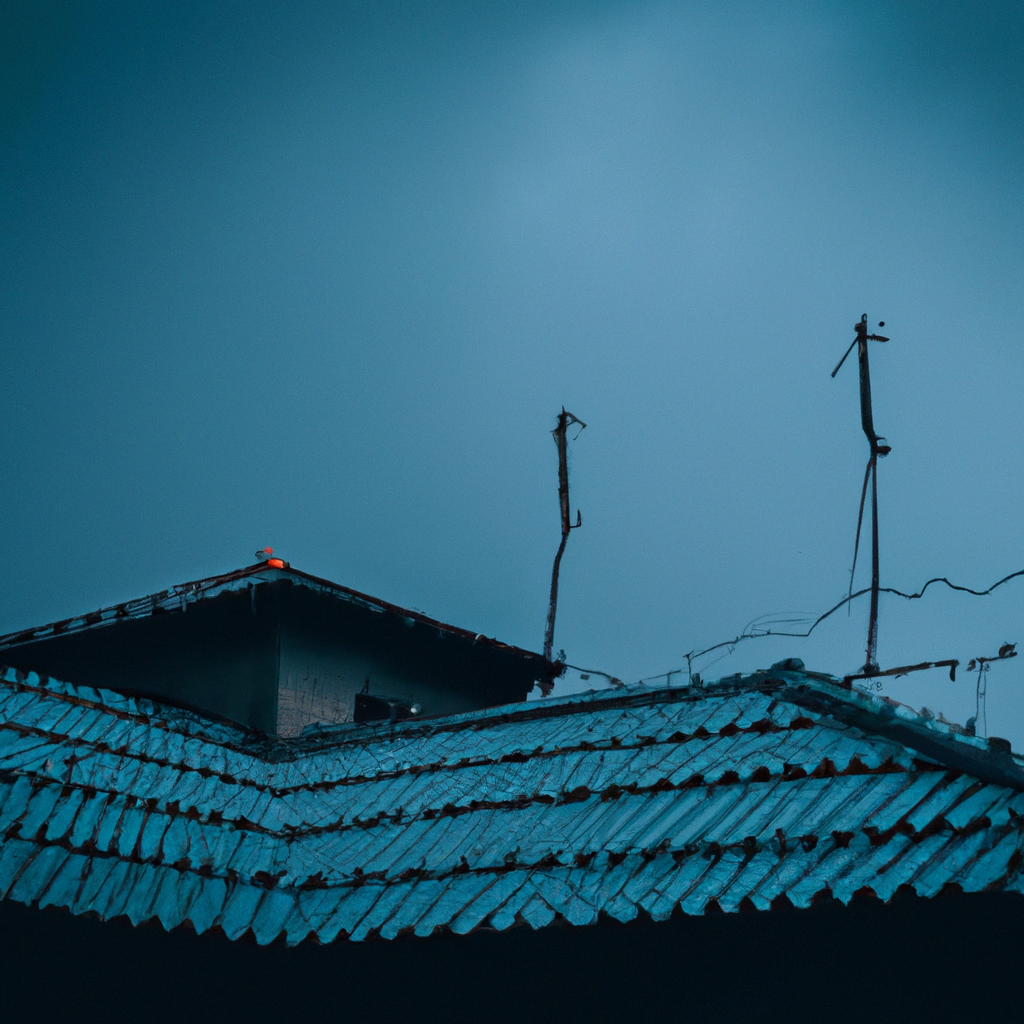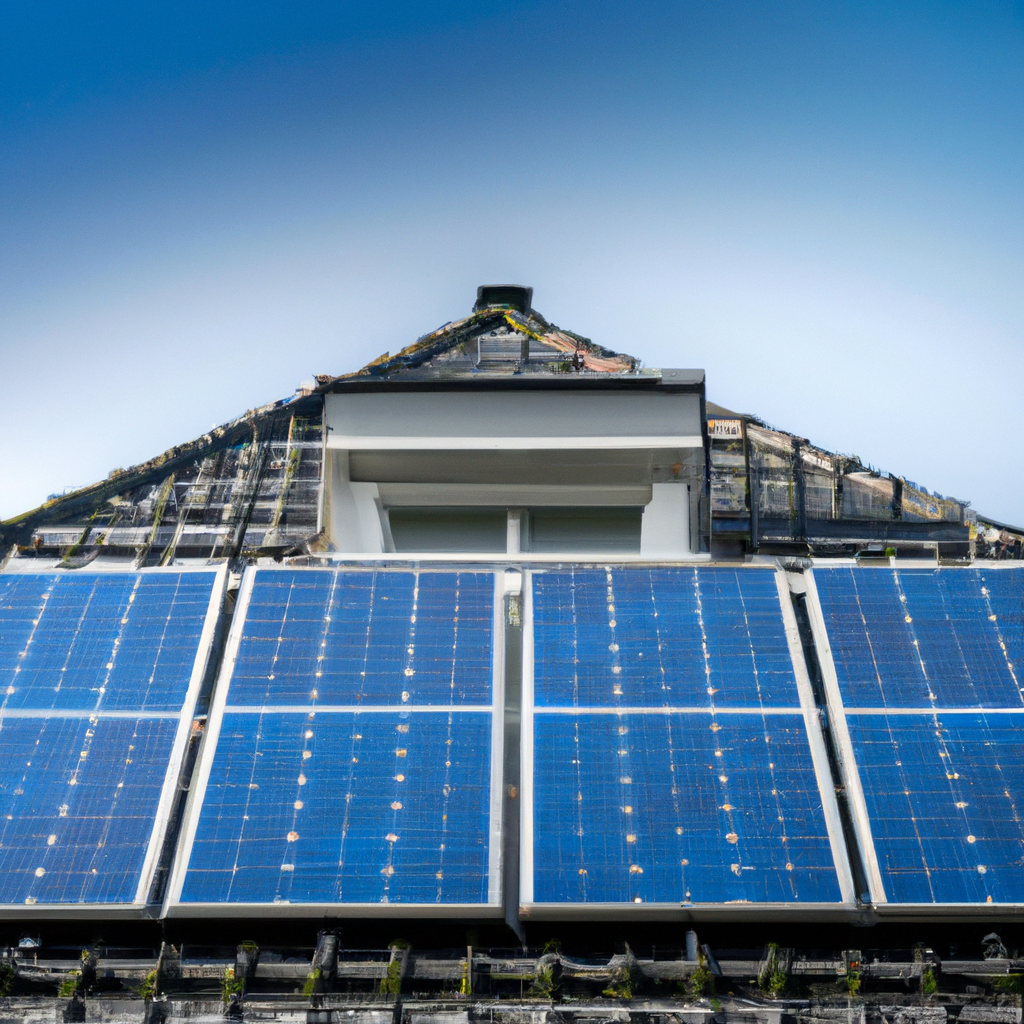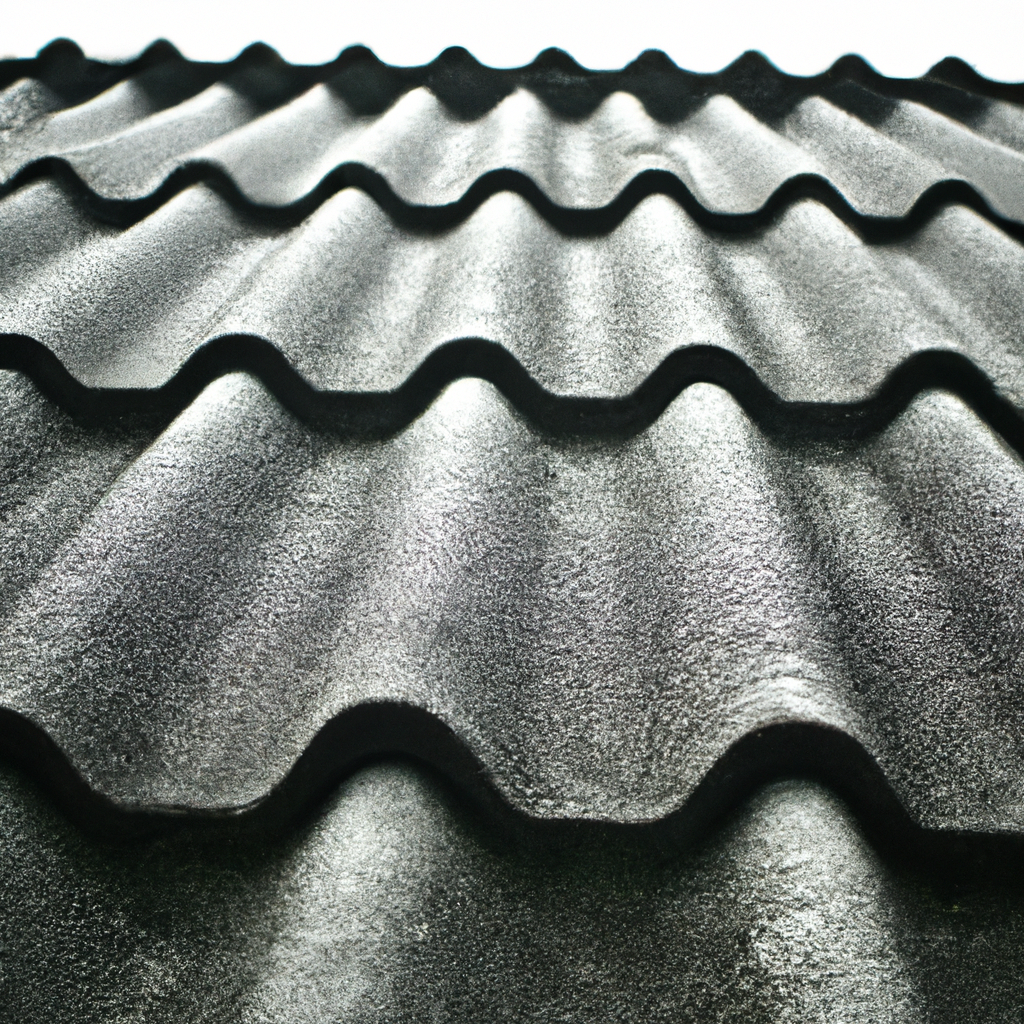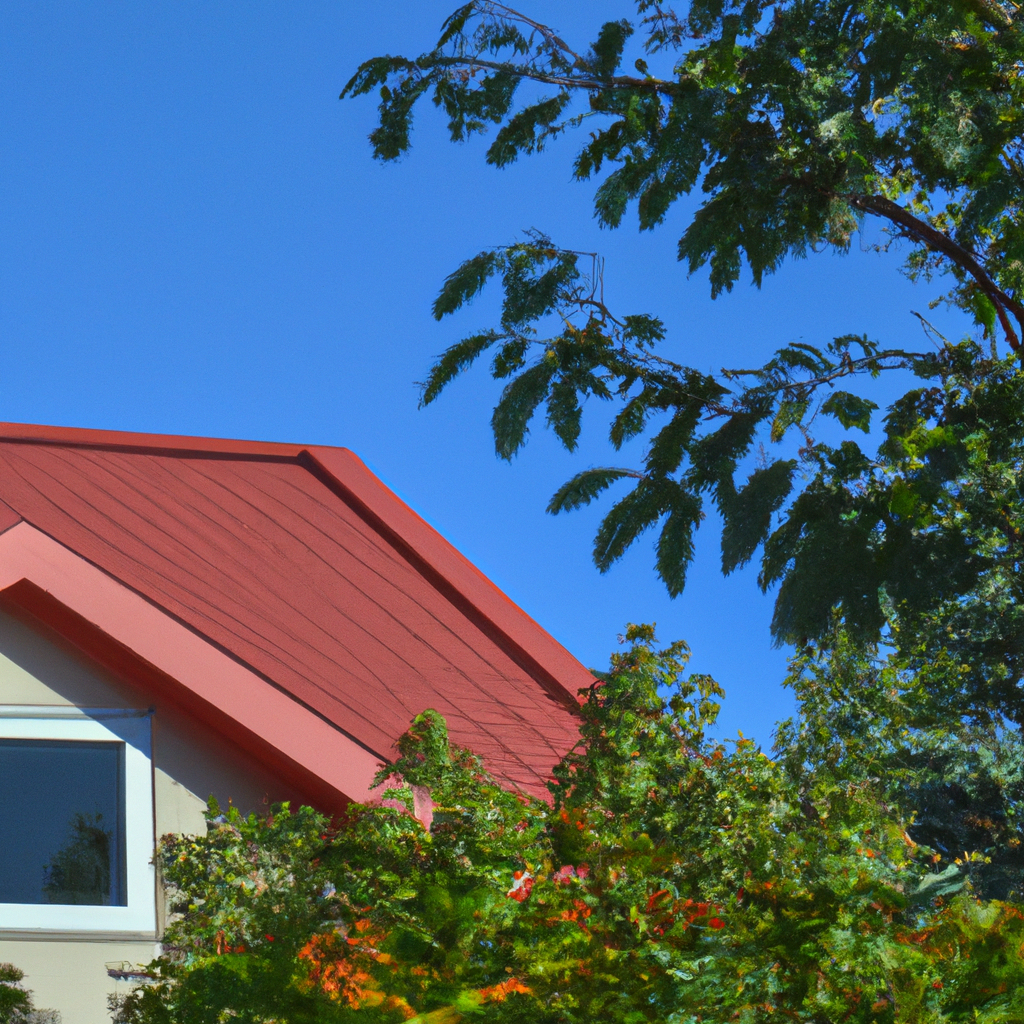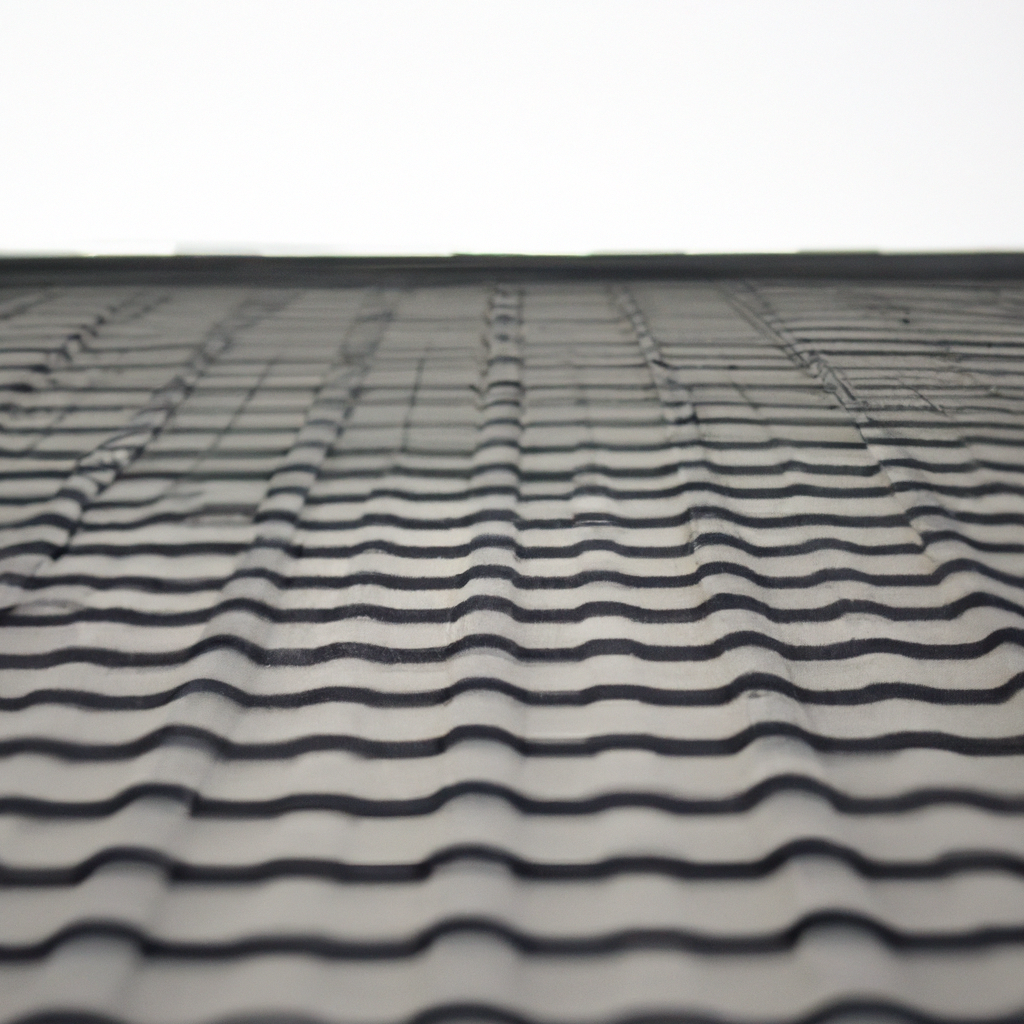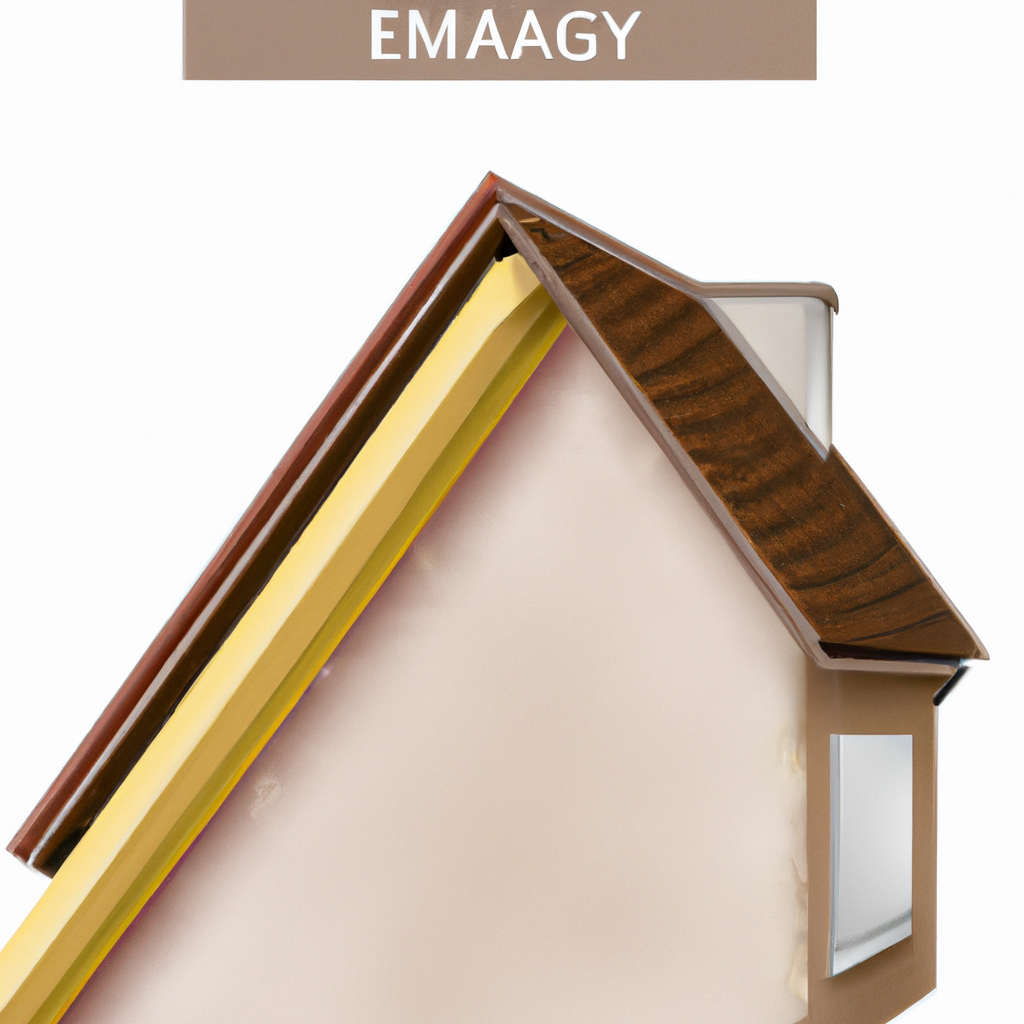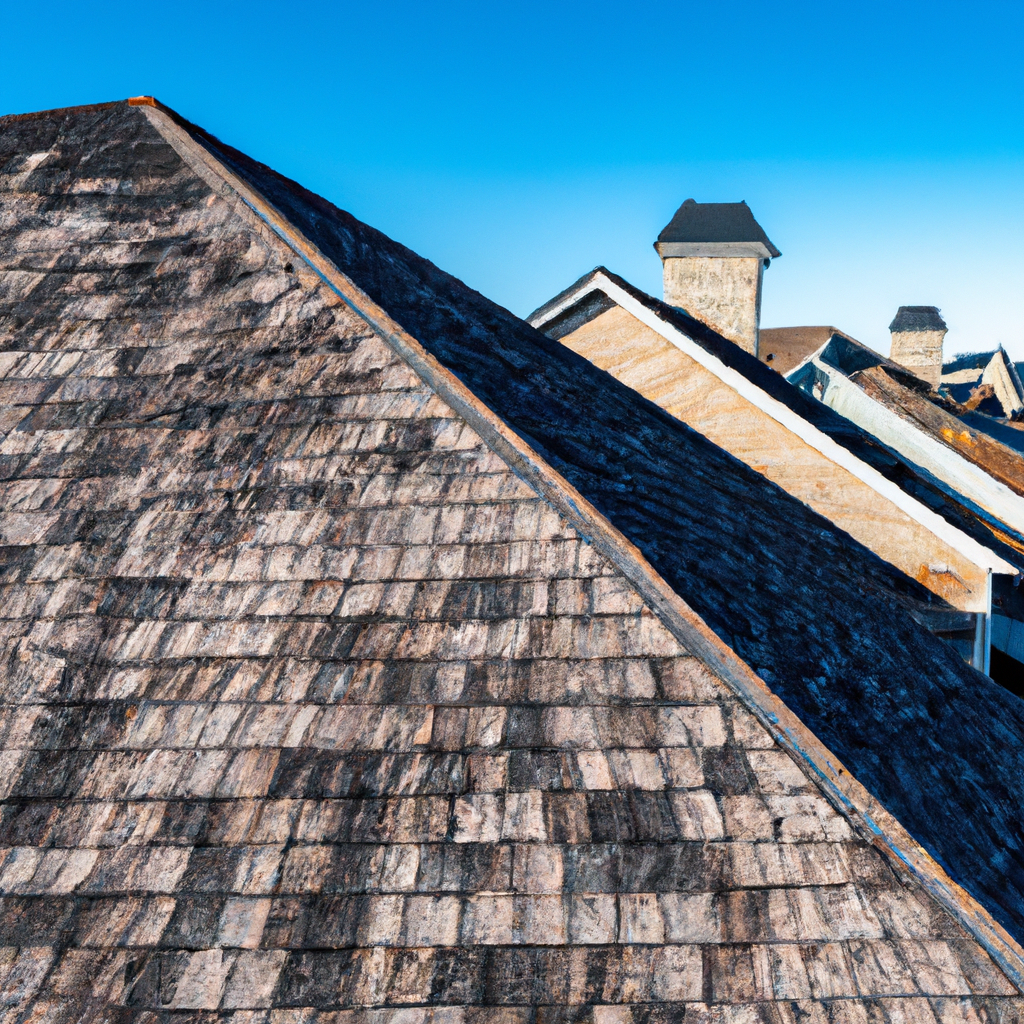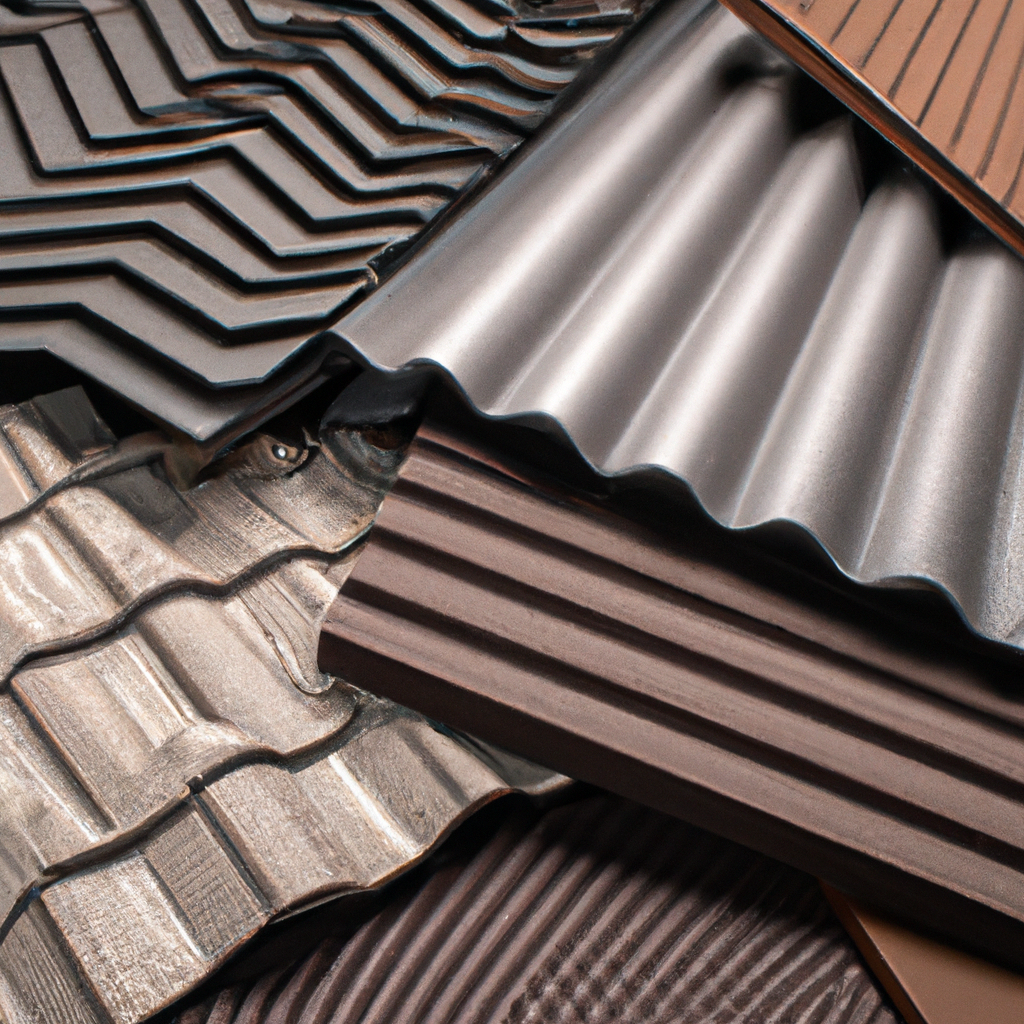Winter brings snow, ice, and freezing temperatures. For homeowners, winter also brings the risk of roof leaks. If left unchecked, these leaks can cause significant damage to your property. Fortunately, there are several ways to prevent roof leaks during winter. In this article, we will explore the best ways to protect your roof during the colder months.
Perform Regular Inspections
The first step in preventing roof leaks is to perform regular inspections of your roof. You should inspect your roof for any problems that may lead to leaks before the first winter snow. Look for cracks, holes, or other damage that may need to be repaired before the cold weather sets in. [1]
Ensure Proper Attic Insulation
If you have a roof leaking in winter and it’s not caused by an ice dam, your attic insulation could be to blame. The conditions that lead to an ice dam can also create extra condensation in your attic. If your attic insulation isn’t up to par, too much warm air could enter that space. [2]
Clear Your Gutters
One of the most important things you can do to prevent roof leaks during winter is to clear your gutters. Clean your gutters before temperatures drop and remove all the debris leftover from storms and rain so snowmelt has a way to escape the roof. When gutters are clogged, water can back up and seep under the shingles, causing your roof to begin to leak in the winter. [5]
Fix Damaged Shingles
Damaged shingles are a common cause of roof leaks. Before winter sets in, it’s important to fix any damaged shingles on your roof. Damaged shingles can let water seep through and cause leaks inside your home. [9]
Ensure Proper Ventilation
Ensuring proper ventilation of the roof is one of the keys to preventing ice dams. Air flow through the attic will help remove heat and humidity. Building code specifies a minimum 1:300 ratio of ventilation area to building area. For example, a 1,200 square-foot house should have at least four sq. ft. of ventilation. [7]
Remove Snow Dams
Snow dams can cause serious damage to your roof. Snow dams occur when the snow on your roof begins to melt, and then refreezes. This creates an ice dam, which can prevent water from draining off your roof. To prevent snow dams, you should remove snow from your roof before it has a chance to melt and refreeze. [9]
Fix Water Damage and Insulation Issues
Water damage and insulation issues can lead to roof leaks in the winter. It’s important to fix any water damage or insulation issues before winter sets in. This will help prevent leaks and keep your home warm and dry. [9]
Check Your Gutters
Gutters that aren’t working well can lead to problems with roof leaks. Check your gutters to make sure they are not clogged with debris. If you notice any blockages, remove them immediately. This will help ensure that water can flow freely through your gutters and downspouts, and prevent any backups or overflows that can lead to roof leaks. Remember to clean your gutters before the winter season begins, and remove any debris leftover from storms and rain so snowmelt has a way to escape the roof. [5]
Puncture Your Bucket
If you notice a leak in your roof during the winter, it’s important to act fast. One way to prevent further damage is to place a bucket under the leak. But, you’ll also want to puncture the bottom of the bucket to release the built-up water before it does any further damage. Additionally, place an old tea towel in the bottom to stop the annoying dripping sound, and use a long plank leaning into the bucket to direct the water to the right place. [3]
Keep Your Roof Clean
Keeping your roof clean is another important step in preventing roof leaks during winter. Snow, ice, and water need to drain away from the roof to prevent leaks. When debris accumulates on your roof, water can back up and seep under the shingles, causing your roof to leak. So, remove debris from your roof as often as possible to prevent this from happening. [4]
Monitor Your Attic
When possible, always visually inspect your attic during winter. If you notice a layer of frost forming on the underside of your roof decking, you’re looking at a problem. Attic frost can be quite damaging, and it is most prone to form when temperatures drop drastically (below 10 degrees). So, monitor your attic and address any issues before they lead to roof leaks. [10]
Hire a Professional
If you’re not comfortable performing a roof inspection or making repairs, it’s best to hire a professional. A professional roofer will be able to identify any issues with your roof and make the necessary repairs to prevent leaks during the winter months. Hiring a professional can save you time, money, and headaches in the long run.
In conclusion, preventing roof leaks during winter is crucial to the safety and protection of your home. Regular inspections, proper insulation, cleaning your gutters, and fixing damaged shingles are all important steps to take. Additionally, you can prevent snow dams, ensure proper ventilation, check your gutters, puncture your bucket, keep your roof clean, and monitor your attic. If you’re not comfortable performing these tasks, consider hiring a professional to help. With these tips, you can protect your roof and avoid costly repairs.


